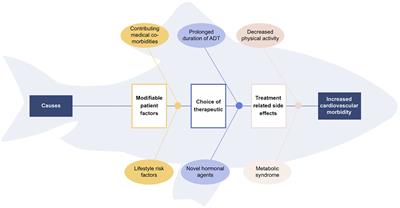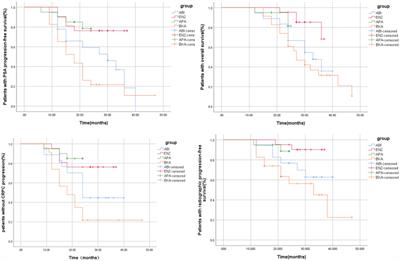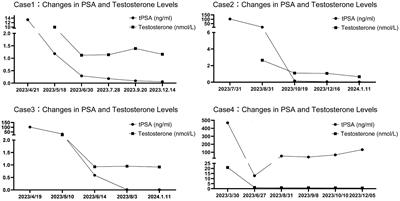EDITORIAL
Accepted on 11 Mar 2025
Insights from Recent Research in Advanced Prostate Cancer Management
doi 10.3389/fonc.2025.1589694
2,073
Total downloads
7,055
Total views and downloads
EDITORIAL
Accepted on 11 Mar 2025
ORIGINAL RESEARCH
Published on 05 Dec 2024
PERSPECTIVE
Published on 14 Jun 2024

ORIGINAL RESEARCH
Published on 18 Apr 2024

CASE REPORT
Published on 21 Mar 2024
